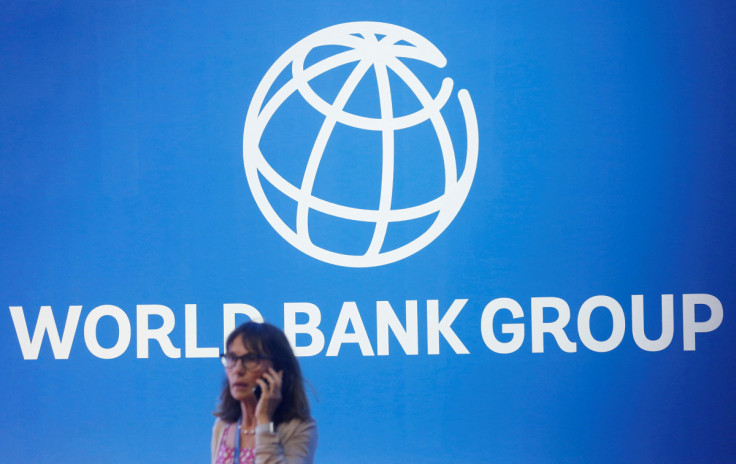MENA To Grow At 5.5%, Fastest Since 2016 As Oil Boosts Gulf - World Bank

The Middle East and North Africa region is expected to post economic growth of 5.5% in 2022, the fastest pace since 2016, before slowing to 3.5% growth next year, the World Bank said on Wednesday.
Oil exporters in MENA, the six-country Gulf Cooperation Council (GCC), have received a windfall from high oil prices. The GCC is expected to grow 6.9% this year, a full percentage point higher than the World Bank forecast six months ago.
High oil prices have boosted the GCC's "fiscal space and will result in fiscal surpluses for most oil exporters in 2022 -- even after the additional spending on inflation mitigation programs," the World Bank said.
"Developing oil importers, however, do not have such a windfall and will have to cut other expenditures, find new
revenues, or increase deficits and debt to fund the inflation mitigation programs and any other additional spending."
MENA was expected to grow 5.2% in the April report. Developing oil exporters that include Algeria, Iraq and Libya are expected to grow 4.1% this year and 2.7% in 2023, while developing oil importers are seen growing 4.5% this year and 4.3% next year.
"That said, slower economic growth in the United States and China and the possibility of recession in Europe pose downside risks, especially to developing oil importing countries, which rely more on trade with Europe," the World Bank said.
Inflation is lower than in the United States, Europe and other emerging and developing countries because "to varying effect, MENA countries employed policies that reduced the amount of the higher global prices for food and fuel that were passed through to the prices their consumers paid."
Some of the oil importers that include Jordan, Tunisia and Egypt "could fall into debt distress and risk having to restructure their debt, which can be costly," the World Bank said.
"Countries lose access to international markets, their local currency can depreciate sharply, and the banking sector can become impaired - all of which can lead to a decline in investment, trade, and growth for several years after the restructuring."
The World Bank said the MENA region as a whole needed to enhance transparency and accountability, "that is to establish elements that allow the state and the bureaucracy to measure, align responsibilities, experiment and learn over time from these results and course correct when needed."
Better governance and institutional reforms can help countries mitigate debt distress risks, the World Bank said.
"Such a culture of institutional learning in MENA is, if anything, still emerging," it said, adding the needed reforms were "within reach and not fiscally costly."
© Copyright Thomson Reuters 2024. All rights reserved.



















